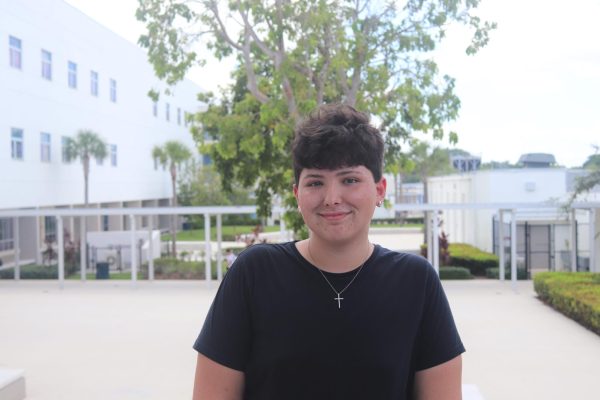Social media sites such as TikTok and Instagram allow creators to dedicate their entire page to fitness, health and nutrition. These pages often set an unrealistic standard for the perfect workout routine and diet. Most of these pages lack full transparency — they do not show themselves having a cheat day or skipping the gym. This causes others to chase after the “perfect” lifestyle they see on screen.
As a teenager living in a big city, there is often even more pressure to keep up with society’s expectations. I have seen firsthand how social media can impact others’ eating habits. Many people I know completely restrict themselves from eating certain foods and stay at the gym for hours a day. While this is not necessarily a bad thing, it can be very unattainable and set a dangerous example for some.
Many diets involve restricting yourself completely from certain foods. However, for many, this leads to having an even more unhealthy binge later on. Once one breaks their diet, suddenly, it becomes the day to eat as much of those foods as they want before returning to their diet the next day. Avoiding certain foods entirely like this is often unrealistic. Not to mention, some of these diets end up depriving your body of certain nutrients and energy sources, making them not only toxic, but unhealthy.
People are seen in comments asking what others have done to lose weight or get in shape. While their diet or exercise routine may have worked for them, it does not mean it will work for someone else. Everyone’s body is different.
Fitness influencers like Chloe Ting have grown large followings for posting their workout routines. Ting is known for her viral at-home full-body workouts and programs that quickly gained attention during the COVID-19 lockdown. These workouts and programs promised quick and sure-fire results. On YouTube, Ting has reached over 25 million subscribers.
Society’s gym and diet culture has quickly turned into a toxic environment. Even if one is already active in the gym and eating healthy up to your own standards, influencers like these can quickly sway one’s position and make one feel like they are not doing enough.
Seeing an influencer with the “perfect” body who only eats clean and works out for hours every single day can be very disheartening to see as someone who dreams of attaining that lifestyle. Idolizing creators like this can promote extremities within one’s eating habits. Because of society’s expectations for others, eating disorders such as bulimia, anorexia nervosa and binge-eating have become prevalent.
Because influencers often do not show the dark sides of their lives, their social media pages essentially portray a fairy-tale world. Someone making no mistakes and not having any slip-ups with their diet and exercise is nearly impossible.
One should not idolize and put creators they see on the internet up on a pedestal. Certain diets, foods and exercises will have different reactions in your body. You will process foods and react to them differently, and the same goes for exercises.
It is better to speak to a doctor or witness for oneself what works and what does not. Just because one cannot stick to the keto diet does not mean one will not lose weight or cannot be in shape. The reality of this is that no one is perfect. Everyone starts somewhere, and it takes time and effort to change your habits in the long run.



